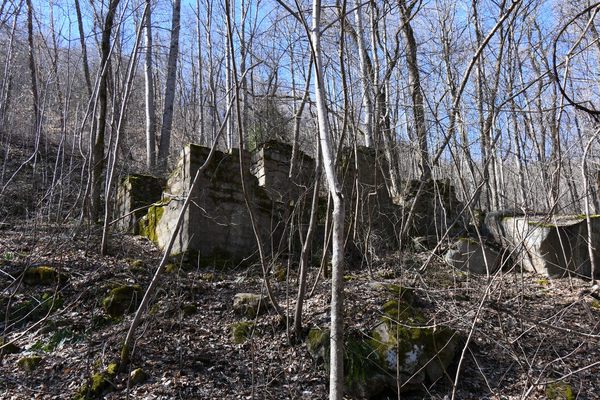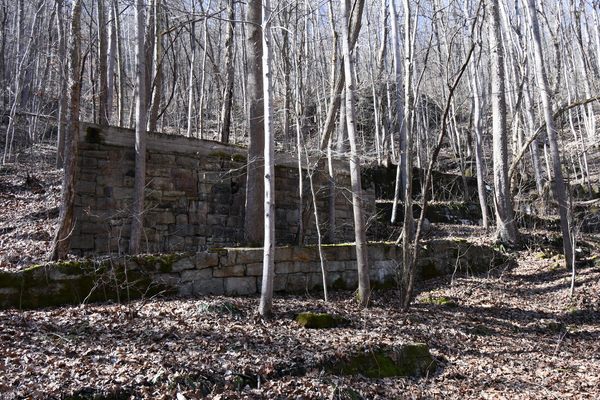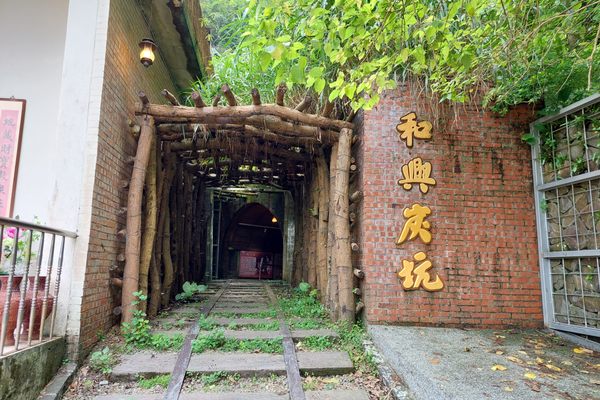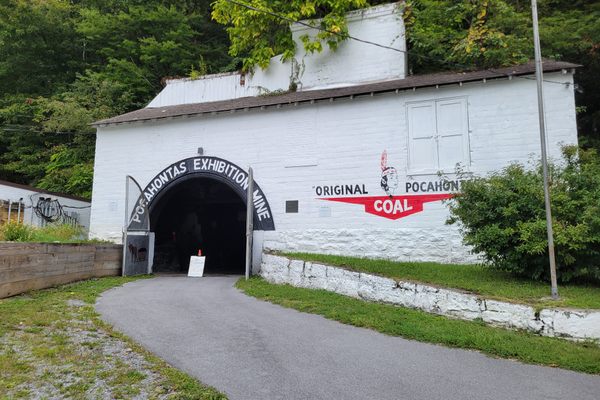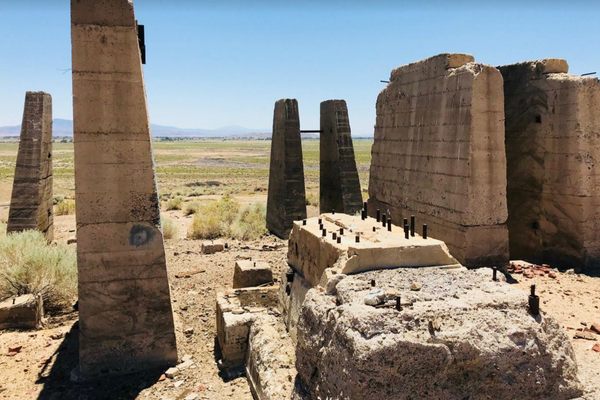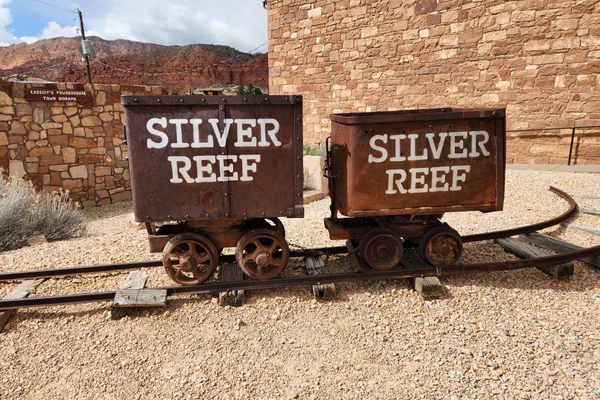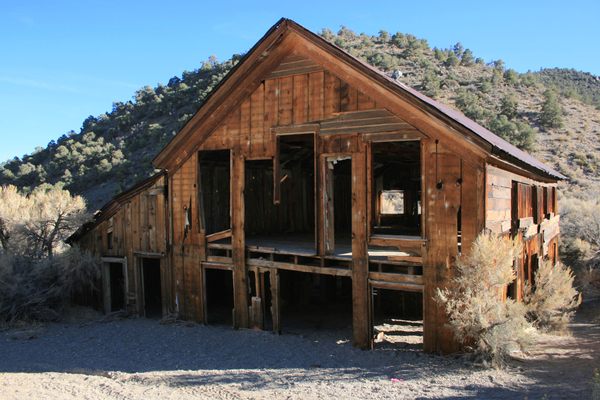About
Brooklyn is one of the easier abandoned towns to get to in the New River area. A short drive down a gravel road located off the Cunard River Access Area will take you right to it.
Not much remains of what was once the small mining town of Brooklyn. You'll start to see signs of the town at the parking area for the Brooklyn Trail. An old building foundation sits near the lot, and the remains of the coal tipple that once carried coal from the mine opening above down to the New River are located above the handicap camping area.
About half a mile onto the Brooklyn Trail, the remains of an old company store lie on the trail’s right-hand side. Soon after, the trail opens up to a clearing. Scattered throughout the woods are the foundations and remains of Brooklyn’s houses. What may seem at first glance to be piles of river rocks once made up walls and chimneys.
The town of Brooklyn was established in the 1890s around the same time as a coal mine of the same name. The town’s post office however was under the name Finlow. In 1910, the population of Brooklyn/Finlow was around 166 people.
State records indicate that the Finlow mine was in operation from 1894 to 1895, and the Brooklyn mine from 1896 to 1904. The Brooklyn mine changed hands quite a few times during its operation, with its longest tenure under Scotia Coal and Coke Co from 1911 to 1953.
As of June 30, 1899 the Brooklyn mine had 50 beehive coke ovens and 72 employees working in the mine. In 1904 the New River Smokeless Coal Company took control of the Cunard, Brooklyn, Red Ash and Rush Run mines all of which had around 48 workers at that time.
Brooklyn was one of the last mining camps to be developed in the New River area before the mine was permanently closed in the late 1950s.
Related Tags
Know Before You Go
Brooklyn is one of three coal towns you'll find located along the Brooklyn-Southside Junction Trail.
Community Contributors
Added By
Published
November 6, 2019
